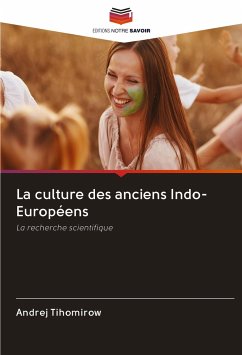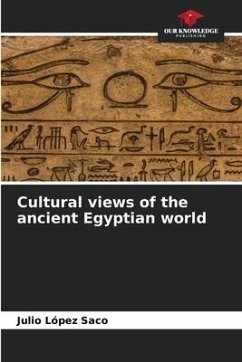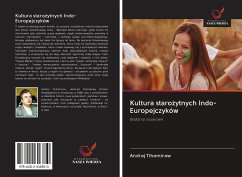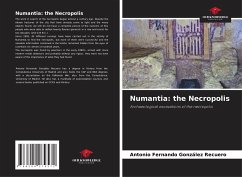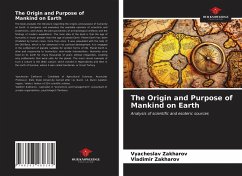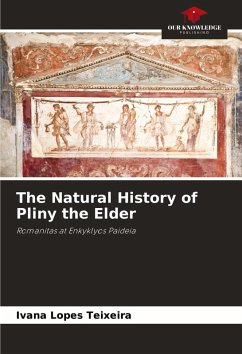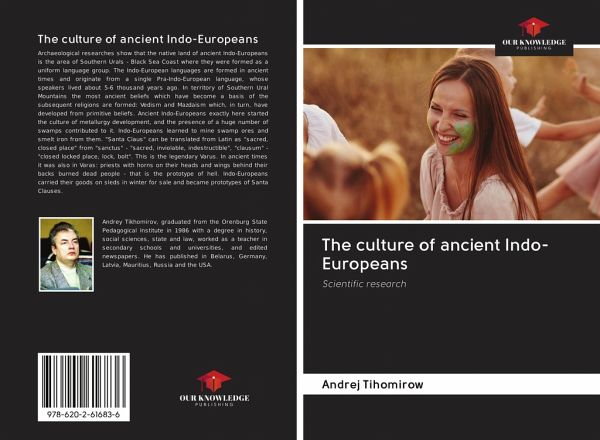
The culture of ancient Indo-Europeans
Scientific research
Versandkostenfrei!
Versandfertig in 1-2 Wochen
18,99 €
inkl. MwSt.

PAYBACK Punkte
9 °P sammeln!
Archaeological researches show that the native land of ancient Indo-Europeans is the area of Southern Urals - Black Sea Coast where they were formed as a uniform language group. The Indo-European languages are formed in ancient times and originate from a single Pra-Indo-European language, whose speakers lived about 5-6 thousand years ago. In territory of Southern Ural Mountains the most ancient beliefs which have become a basis of the subsequent religions are formed: Vedism and Mazdaism which, in turn, have developed from primitive beliefs. Ancient Indo-Europeans exactly here started the cultu...
Archaeological researches show that the native land of ancient Indo-Europeans is the area of Southern Urals - Black Sea Coast where they were formed as a uniform language group. The Indo-European languages are formed in ancient times and originate from a single Pra-Indo-European language, whose speakers lived about 5-6 thousand years ago. In territory of Southern Ural Mountains the most ancient beliefs which have become a basis of the subsequent religions are formed: Vedism and Mazdaism which, in turn, have developed from primitive beliefs. Ancient Indo-Europeans exactly here started the culture of metallurgy development, and the presence of a huge number of swamps contributed to it. Indo-Europeans learned to mine swamp ores and smelt iron from them. "Santa Claus" can be translated from Latin as "sacred, closed place" from "sanctus" - "sacred, inviolable, indestructible", "clausum" - "closed locked place, lock, bolt". This is the legendary Varus. In ancient times it was also in Varas: priests with horns on their heads and wings behind their backs burned dead people - that is the prototype of hell. Indo-Europeans carried their goods on sleds in winter for sale and became prototypes of Santa Clauses.



